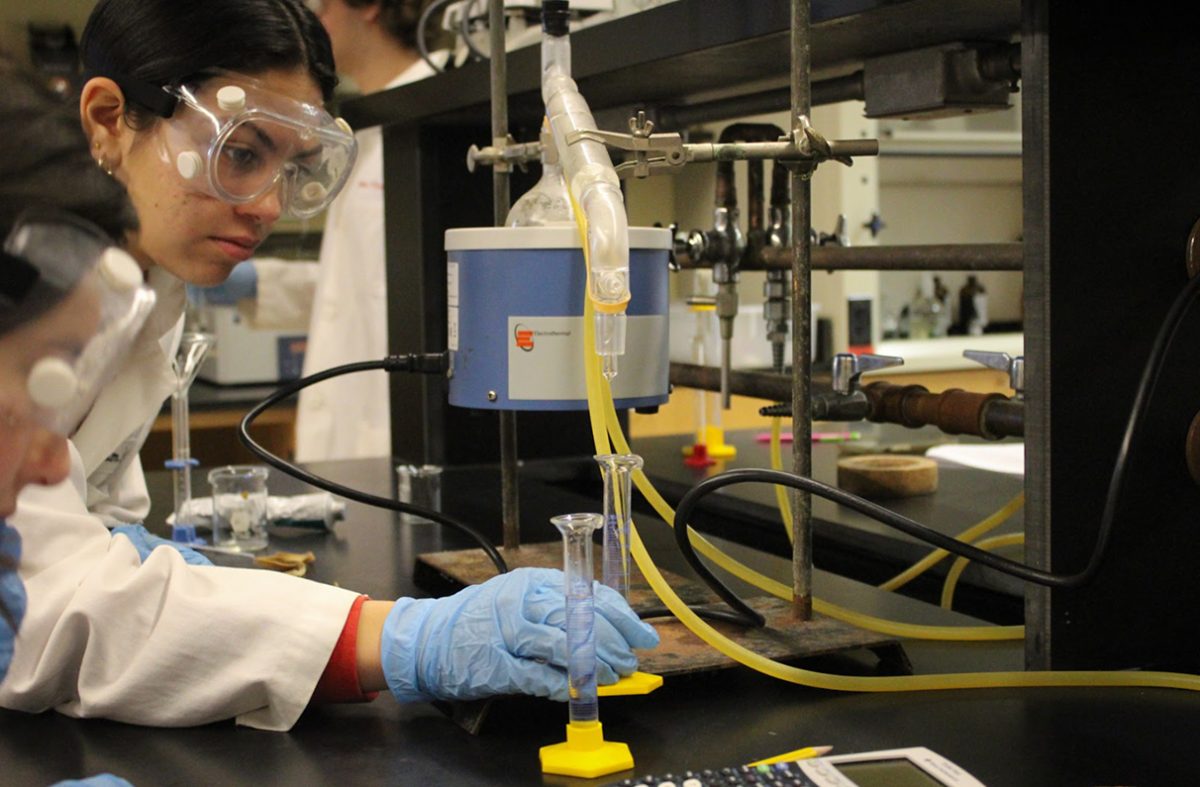Earlier this month, water fountains around Friends School were wrapped in bright yellow caution tape. News of a parasite circulated in the halls. Students wondered what was going on.
For many people, the word “parasite” evokes disturbing images of flesh-eating worms from horror movies. But our own faculty and staff experts – Upper School biology teacher David Brock and nurses Lynne Anonye and Jocelyn Booth – say this isn’t the case currently.
Since Friends is responsible for a variety of people with a variety of vulnerabilities, it has to follow public health guidelines. So on September 28th, when the Baltimore City Department of Public Works issued an advisory about the parasite, the school took decisive action.
But Mr. Brock says city officials didn’t clearly communicate the risks to the public.
“I’m drinking the water out of my fountain right now without any hesitation whatsoever,” says Brock.
Surprisingly, says Brock, when you know the science, most healthy people are at almost no risk of illness from the parasite, because of the low chances of consuming one in the first place. And even if a parasite gets into a person’s system, their stomach acid is likely to kill it.
The parasite that affected the water in the Druid Hill Reservoir is called Cryptosporidium, commonly known as “crypto.” The amount of crypto found at Druid Hill on September 28 was about 0.09 oocysts – eggs, basically – per liter of water.
In comparison, a significant 1993 outbreak in Milwaukee, Wisconsin had between 0.6-1.3 oocysts per liter.
In that case, many people had so much crypto in their systems that the waste products of the parasites caused dangerous levels of dehydration and diarrhea.
Our threat was much lower. There were no reported cases of serious symptoms. In fact, we only knew about the crypto in the water because of routine testing of the reservoir – unlike the situation in Milwaukee, when an outbreak of illnesses led to the discovery of the parasite.
In Baltimore, the recommended guidelines for boiling water came from an abundance of caution for those with weakened immune systems: the immunocompromised, the young, and the elderly.
So why did such a scary message get out there? Brock has a theory.
“Most situations where there’s some kind of outbreak or some kind of warning, the people giving the warning don’t often know enough of the science themselves to explain what’s going on,” he says. And it’s always better to be safe than sorry.
But as Lynne Anonye and Jocelyn Boothe, Friends School nurses, explained, even in situations that carry a low risk for most folks, some must remain mindful about their health. Young, old, immunocompromised, and other vulnerable people in the affected area needed to take extra care to boil their water or use bottled water.
Good news, though. Even those groups don’t need to worry about crypto in Baltimore’s water anymore. As of October 3, no Cryptosporidium has been detected in the Druid Hill Reservoir.



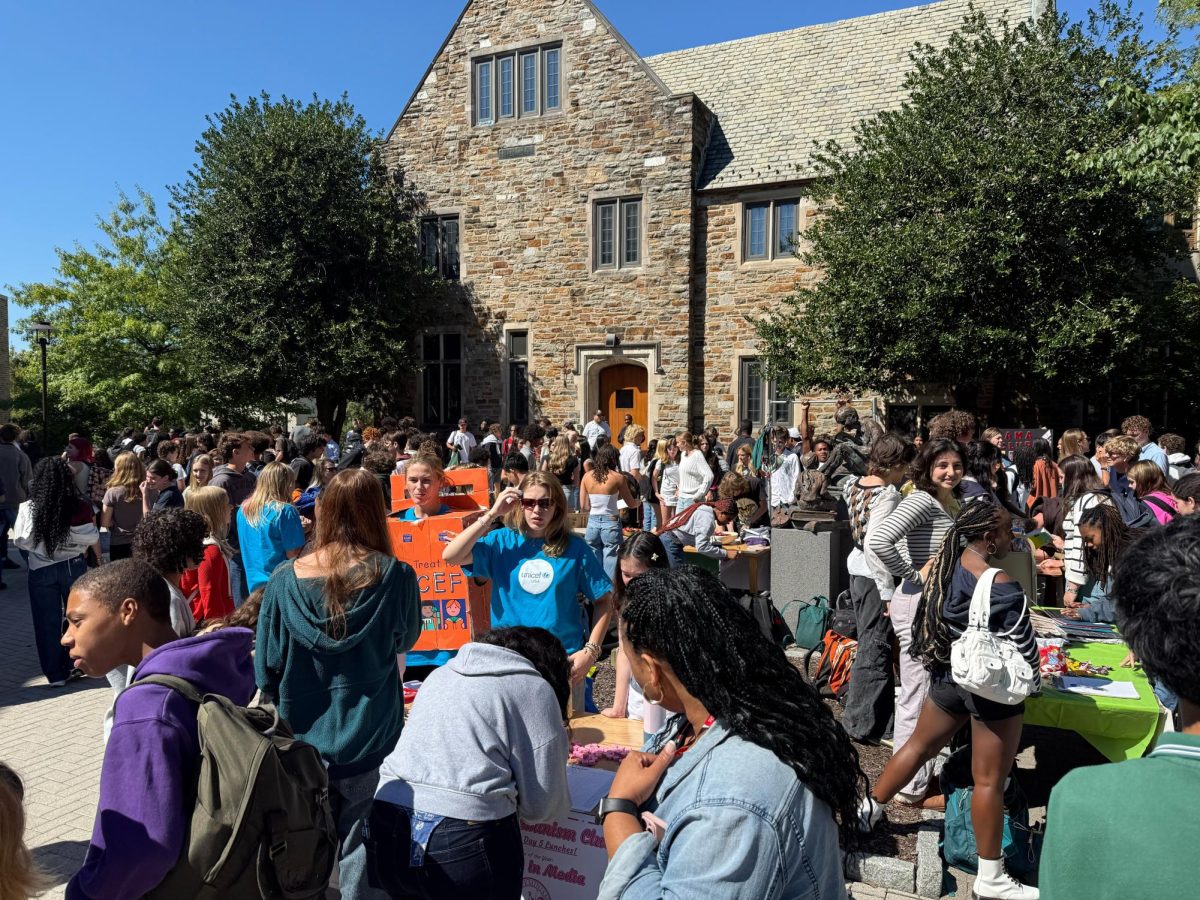










![How Freestyle Club Began [Podcast]](https://thequakerquill.org/wp-content/uploads/2025/05/charly-alvarez-Jv9untmB7G4-unsplash-1200x800.jpg)


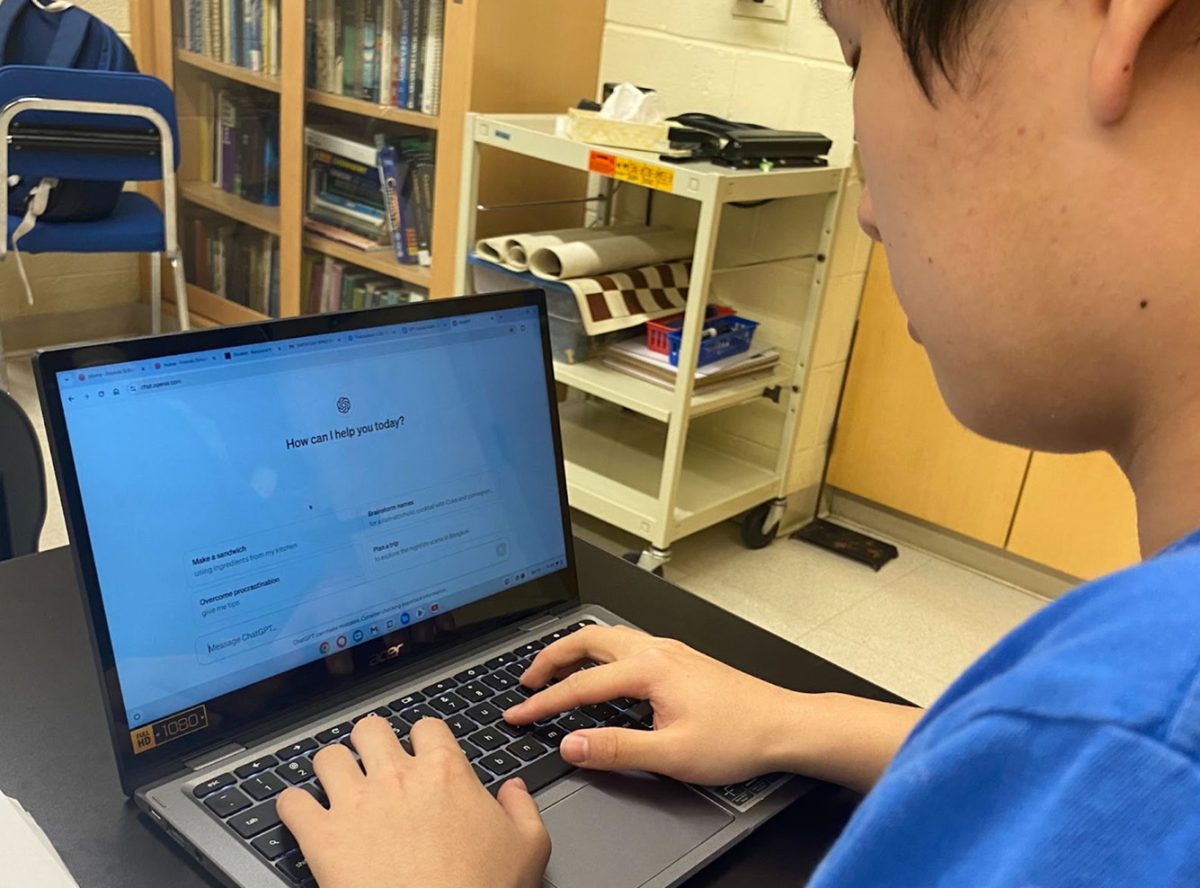
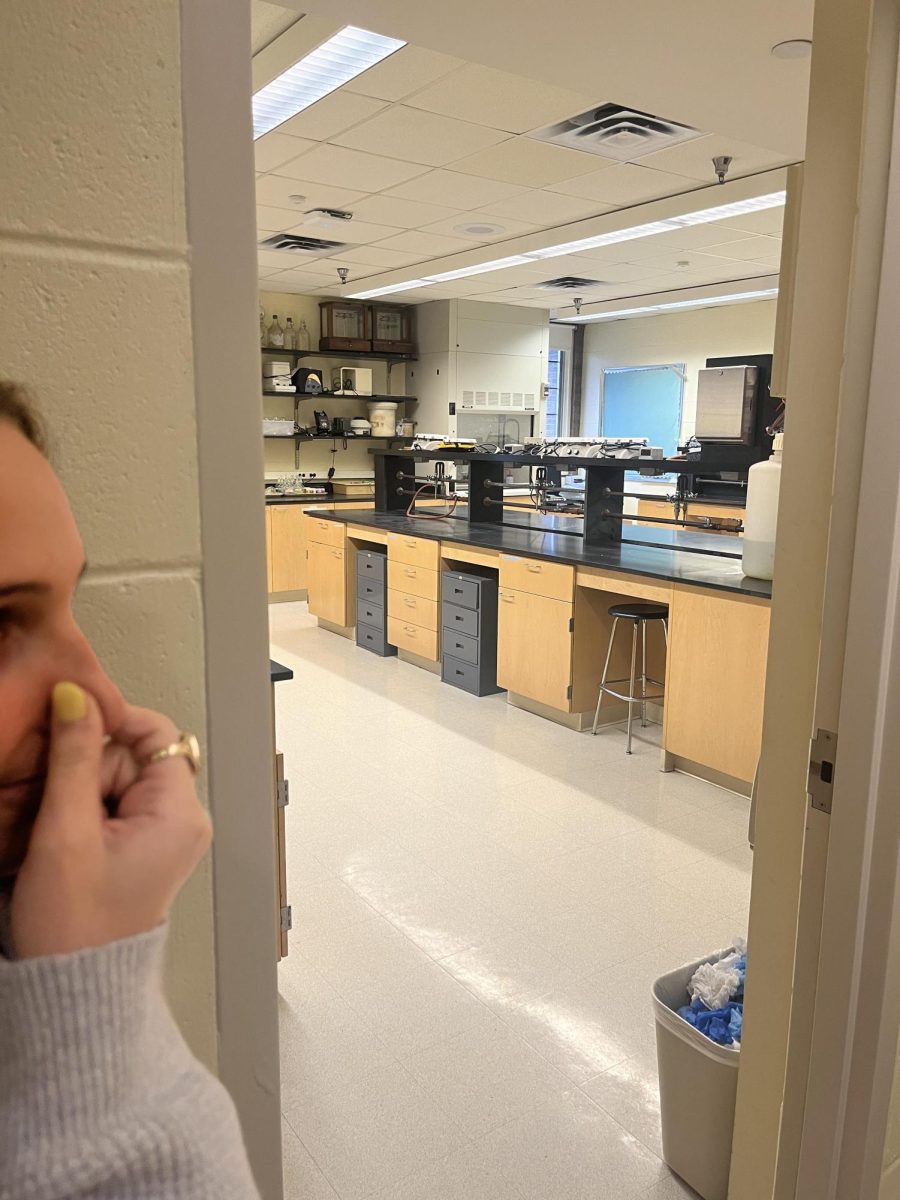




![What makes you feel good about yourself? [Podcast]](https://thequakerquill.org/wp-content/uploads/2025/10/madison-oren-uGP_6CAD-14-unsplash-1200x800.jpg)




![A Phone Ban at Friends? [Podcast]](https://thequakerquill.org/wp-content/uploads/2025/05/magenta-VrRT19_ZjUY-unsplash-1200x900.jpg)
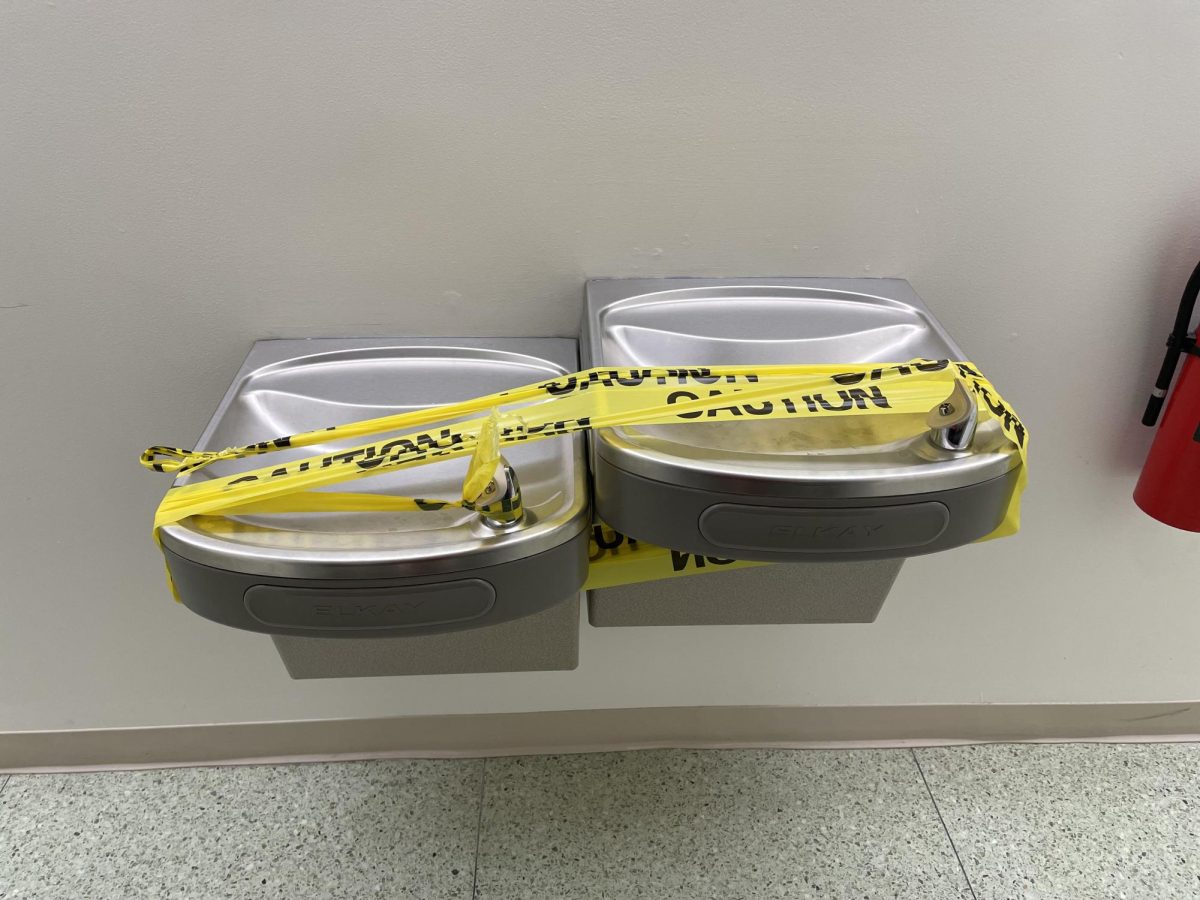


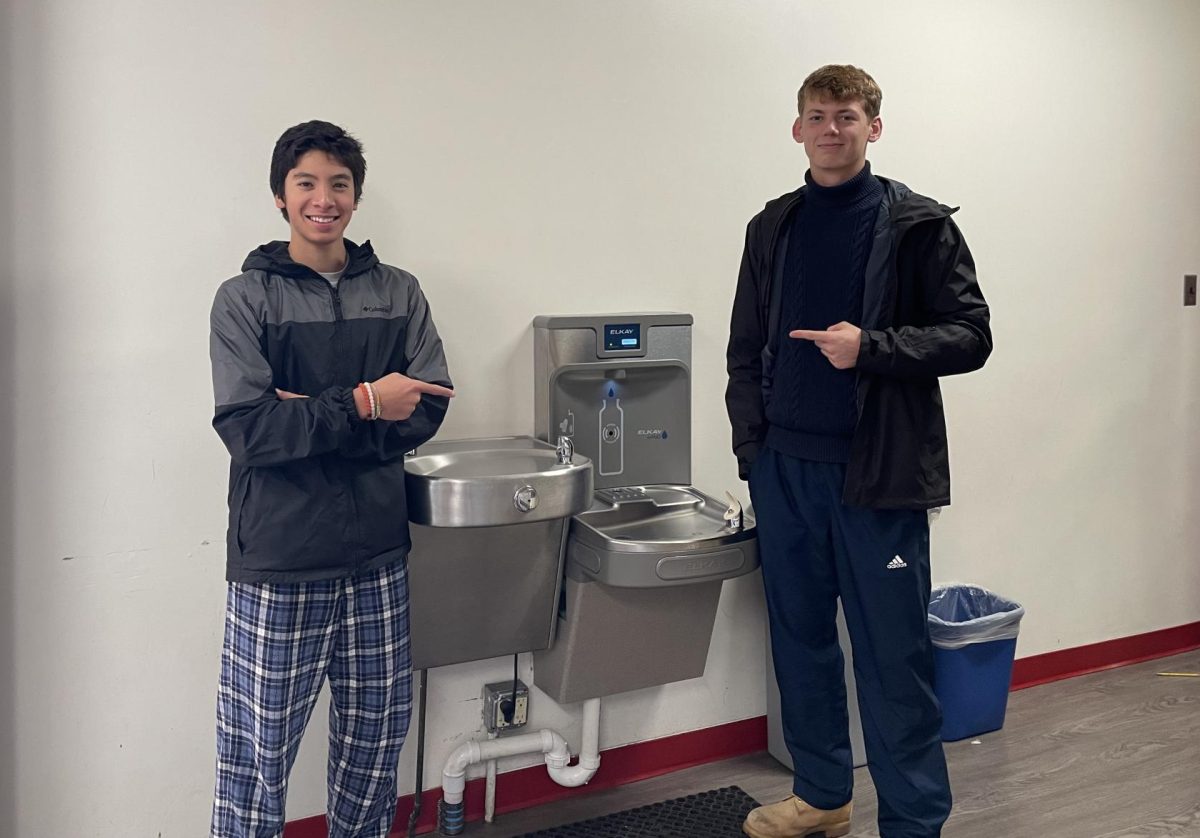

![Why is Starbucks So Popular When Dunkin’ is the Better Option? [Opinion]](https://thequakerquill.org/wp-content/uploads/2023/05/dunkin-900x675.jpg)

